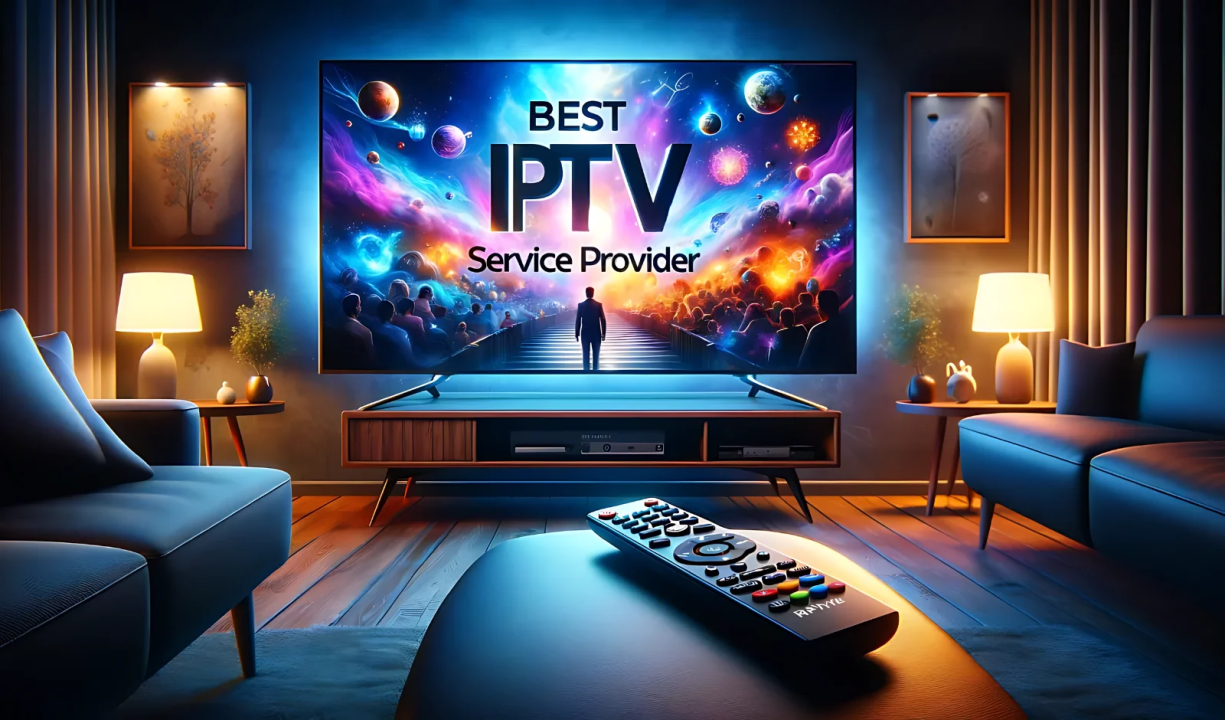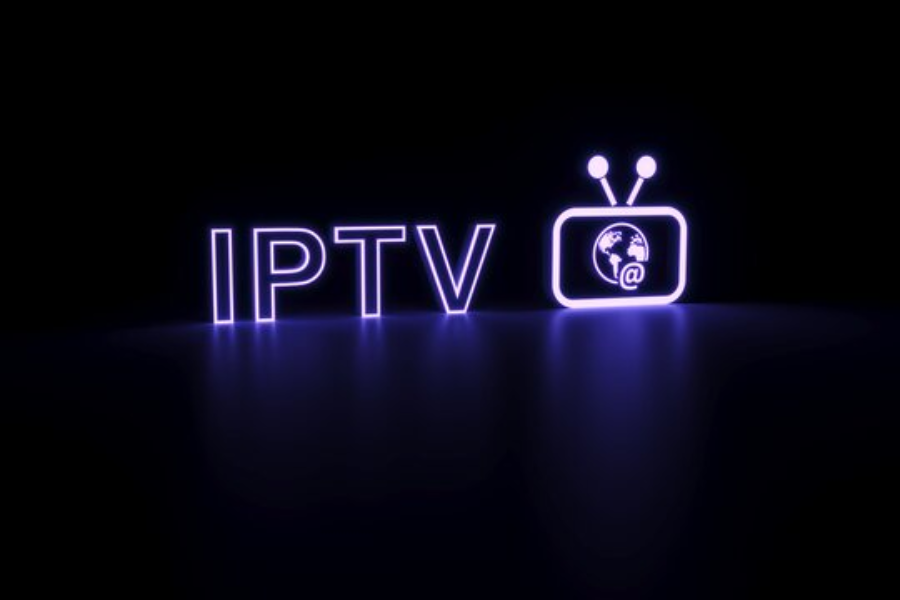
Understanding IPTV Service: The Future of Television
In recent years, the way we consume media has undergone a dramatic transformation. With the rise of internet connectivity and smart devices, traditional broadcasting methods are being challenged. One of the most significant developments in this space is Internet Protocol Television (IPTV). This article will delve into the intricacies of Norsk IPTV, its advantages, potential…

